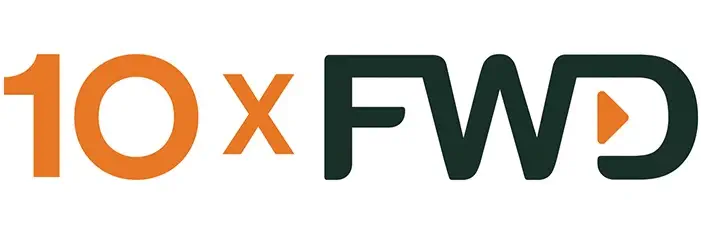
How to have a healthy relationship with your credit card
Are you tired of being a slave to your credit card? Get your act together. Here are tips on how you can maximize your credit card without drowning in debt.
Getting your first credit card is one of the many milestones that come with #adulting. Without a doubt, credit cards provide a lot of benefits. They offer convenience as well as an added layer of safety by mitigating the need to bring cash when traveling or even for day-to-day purchases.
But with “great power comes great responsibility” and a credit card can also be a slippery slope that can derail one’s entire financial future if left unchecked.
You must be aware of the intangible, invisible responsibilities that come with having plastic. You need to make sure you are in control of the card and not a slave to it. Here are a few tips that can help you develop a healthy relationship with your credit card.
1. Have a clear understanding of what your credit card offers.
A credit card is not an unlimited source of funds. Repeat this to yourself: a credit card does not provide free money. This tip may sound so basic that it shouldn’t even be worth mentioning, but you would be surprised how easy it is to forget.
Human behavior researchers studied the subtle psychology behind credit cards. Drazen Prelec, associate professor of marketing at Sloan School of Management, pointed out in an article published by Spectrum, that “credit cards disconnect the pleasure of buying from the pain of paying.” New card carriers are especially vulnerable, as they tend to be a little trigger-happy with unnecessary expenses, only to suffer from buyer’s remorse when the bill comes at the end of the month.
Without the physical effort of handing over your hard-earned cash, it’s up to you to mentally curb your impulse purchases so you don’t spend more than what you can pay. Because, well, you’ll be paying for it eventually.
2. Know the limitations—both the card and yourself.
Reflect on how your credit card can help you in your day-to-day life, not what it can help you buy. When will you use it? Will it be for bills? If so, will these bills be auto-debited? Is it for day-to-day expenses like transportation and food? How much will you allocate for credit card payments at the end of the month?
You may not have all the answers right away, but you must ask yourself these and develop a plan around them.
3. Don’t be afraid of the fine print.
Bank statements can be intimidating. All the numbers, figures, percentages, and financial jargon can be a bit overwhelming, and it’s so easy to toss the monthly statements aside. However, there are many things in the fine print that could harm you, if ignored.
Take the time to read the fine print, from the initial letters stating terms and conditions to the monthly statements, so you can have a firm grasp of the charges associated with your card.
Don’t forget that making the effort to read the fine print can also be hugely beneficial when it comes to getting to know the perks your particular card can provide you. This can range from having access to an airport lounge or gift certificates after a certain amount of points are accumulated.
4. Be mindful of the schedule.
Be mindful of the schedule. This includes the schedule of repayment, cut-off periods, and monthly billing cycles. It’s easy to be careless on this aspect when you are balancing more pressing bills. But being careless could lead to unusually high fees, even higher interest rates following missed payments. Don’t pay unnecessary fees just because you didn’t bother to set a calendar alarm on your phone.
Following these simple tips will not only help you develop a better relationship with your credit card but also ensure your peace of mind. After all, the purpose of the credit card is to be used.
Having a healthy relationship with your credit card is one sign that you're well on your way to financial wellbeing. Want a financial health checkup? Schedule a session here with our financial advisor so you can start living the joy of financial wellbeing today.






